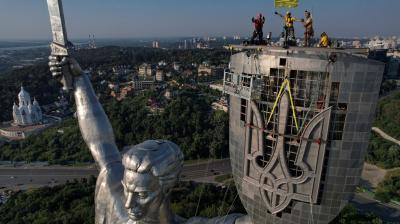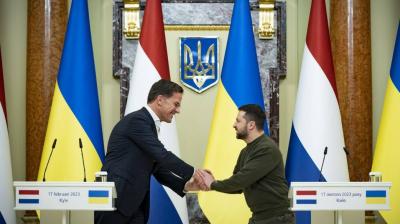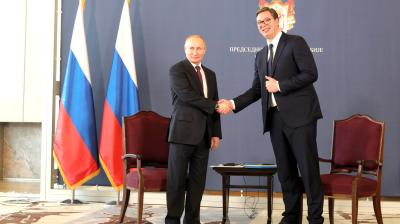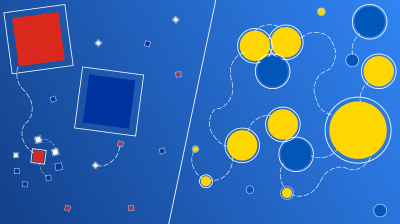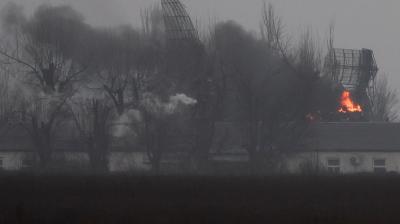After Putin, the deluge?
Russia’s war of aggression against Ukraine is by now not only existential for Ukraine. It also seems to have become existential for Vladmir Putin’s regime itself, which equates its own security and continuity with Russia’s national security. How the war ends will be an important factor that shapes the future of the Russian Federation. The inverse is also true: whether or not the Russian regime remains stable is also a key factor that determines when and how the war ends. Russia’s future will furthermore shape the broader European security architecture – and vice versa.
To help policymakers prepare for what might lie ahead, this report draws up a model consisting of 35 variables that will together shape Russia’s future – based on an extensive literature review and scenario workshop with Dutch and international experts. It then builds on this model to construct a scenario framework for the next five years. These scenarios take into account (1) to what extent the Russian regime could change or persist, (2) to what extent this would be accompanied by large-scale instability and violence, and (3) to what extent a future Russian government would pursue confrontation or rapprochement with the West. The report then puts forward six scenarios based on these variables and presuppositions:
1. Reluctant reconciliation. After Russia has lost the war in Ukraine, various groups in the Russian elite join forces to oust Putin in a ‘palace coup’. The new president strikes a deal with the West, makes Putin and his loyalists a scapegoat, and enacts limited democratic and economic reforms
2. China’s propped-up proxy. The war grinds on for years and no end is in sight. Putin is forced to step down due to mismanagement, but the regime itself prevails and a successor eventually secures political and financial backing from Beijing. Russia becomes fully dependent on China
3. The Empire strikes back. After Western support for Ukraine dwindles, Russia decisively wins the war. Putin’s popularity surges and he is stronger in power than ever before. Russia has international partners that help it keep its economy going, while the West loses its unity.
4. Neo-Stalinist fortress Russia. Putin has made Russia a global pariah state. China, India and others abandon their tacit support and Russia is forced to become almost entirely self-sufficient. The regime continues its reign through brutal repression and propaganda.
5. The Wild East. After continued humiliation and a defeat on the battlefield, Putin’s regime loses legitimacy, withdraws from the south and east of Ukraine, and Russia begins to implode. Russia descends into organised chaos with high levels of criminality reminiscent of the early 1990s
6. Dissolution without a nuclear solution. A catastrophic military defeat leads to the implosion of the Russian Federation, after which regional warlords seize nuclear assets to deter the rump state Muscovy. While some entities are recognised by China or other powers, Muscovy remains revisionist and deeply hostile towards the West.






